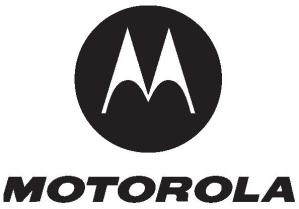
China’s Huawei Technologies has filed suit against Motorola (PDF), claiming Motorola’s plan to sell its cell phone networking gear business to Nokia Siemens will illegally transfer Huawei technology to Nokia Siemens. Huawei says Motorola is failing to protect Huawei’s technology during the acquisition, and claims the disclosure will cause them irreparable harm. Huawei wants the court to block the Nokia Siemens deal in order to prevent the company from getting its hands on Huawei’s technology—at least until a deal can be worked out to resolve the technology issues.
The lawsuit may throw a wrench in Motorola’s $1.2 billion deal, announced in mid-2010. Huawei claims it—and its team of 10,000 engineers—developed technologies used in numerous GSM handsets sold by Motorola worldwide, as well as technologies deployed in GSM and CDMA switching systems deployed in China, plus UMTS, WiMax, LTE, and other technologies deployed in Motorola gear worldwide. When Motorola announced the deal with Nokia Siemens, Huawei told Motorola it did not want its technology transferred to Nokia Siemens; however, the companies have been unable to reach an agreement over how to handle the transfer.
The disagreement can also be viewed in a wider context: shortly after announcing the Nokia Siemens deal last year, Motorola sued Huawei, claiming the Chinese company received confidential Motorola information by way of a reseller. Huawei denied the charges, and the case is still pending.
Huawei and Motorola have worked together on radio access network and other technologies since 2000, in some cases with Motorola reselling Huawei products under the Motorola name.

